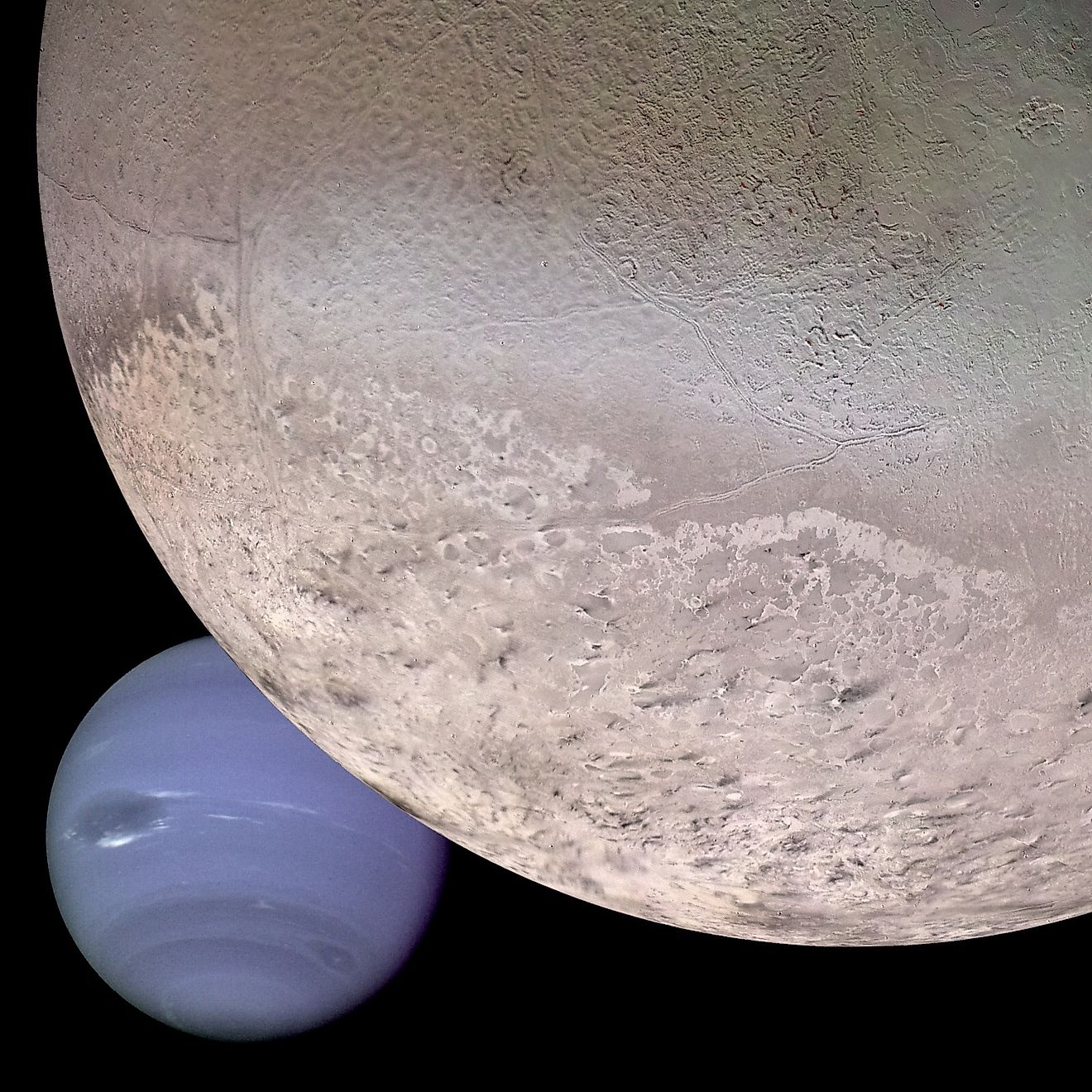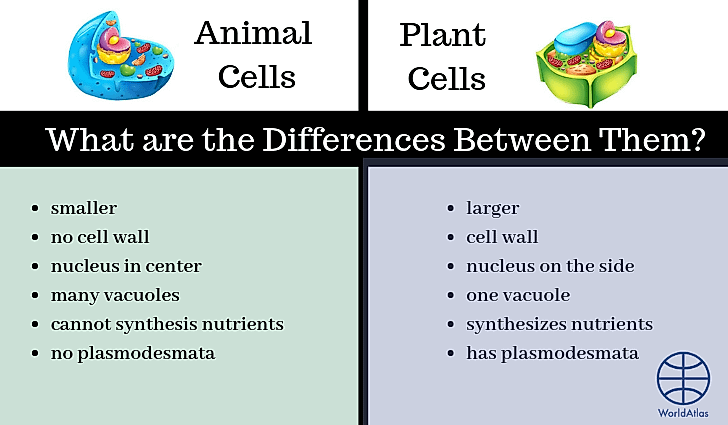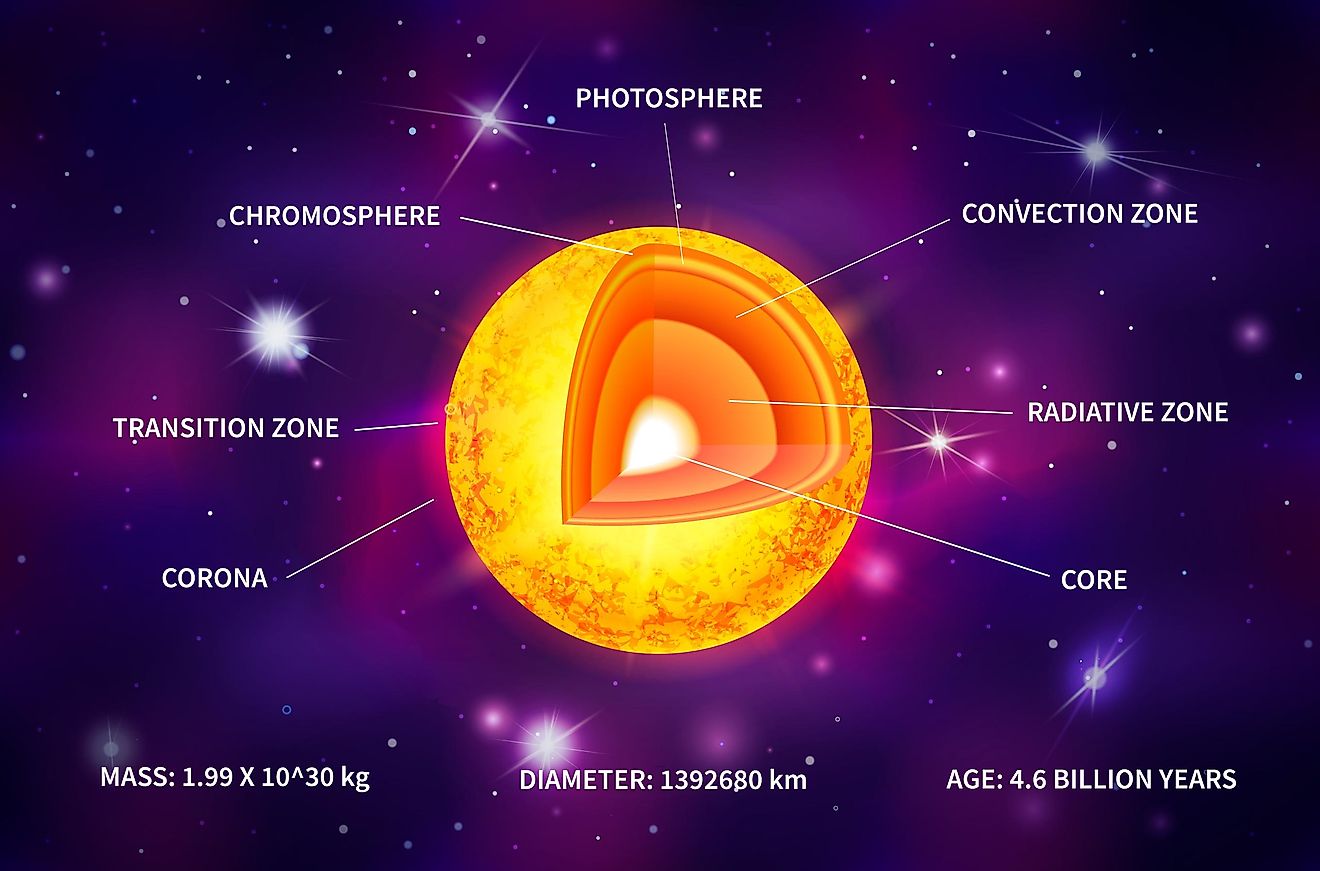
The Fermi Paradox Explained
The universe is vast and ancient. Among the stars, there exist countless worlds. In our galaxy alone, astronomers estimate that every star is accompanied by one or more planets. When we consider just how old and vast the universe is, it seems unlikely that the Earth is the only planet where life has taken hold. There are likely countless planets similar to the Earth in just our galaxy, and so from a purely probabilistic perspective, the existence of alien life seems very likely. However, we have yet to find any convincing evidence that intelligent life exists beyond the Earth.
In the 1950s, the astronomer Enrico Fermi asked, “Where is everybody?”. This question was in reference to the fact that, despite the high probability of intelligent alien life, we have never been visited by or found any evidence of alien life. Theoretically, if life is as common as most estimates suggest, humans should have heard from another civilization by now, and yet we have not. This simple yet profound paradox came to be known as the Fermi Paradox.
Possible Explanations

There are a number of possible explanations for the Fermi Paradox. First, it is entirely possible that intelligent civilizations simply never exist at the same time. The universe is 13.8 billion years old, and so there are billions of years in which life can form and evolve into intelligence. A civilization may exist for a time and eventually become extinct. Although there is a high probability that intelligent life exists throughout the universe, it’s possible that they never occupy the same period of time.
Another possible explanation is that intelligent life is too rare or too far away for us to have ever communicated with another civilization. Estimates on the probability of how common alien life is could be very wrong, especially when we consider how little we actually know about alien life. It’s possible that, although life may be common in the universe, intelligent life is far rarer. Furthermore, any intelligent civilizations could simply be too far away for them to have communicated with us. If a civilization currently exists in the Andromeda Galaxy, it would take 2.5 million years for any of their messages to reach us.
An interesting, yet kind of depressing explanation, is that intelligent life will generally wipe itself out before it develops the ability to communicate with other civilizations. Technology can be both beneficial and destructive. For example, technological advancements made by the human species have vastly improved the quality of life for billions of people, yet we have also developed weapons of mass destruction and our primary sources of energy are altering the very habitability of our planet. Getting to a point where a civilization can sustainably exist with advanced technology may simply be too hard of a feat to accomplish, and most civilizations may end up destroying themselves shortly after they develop.











